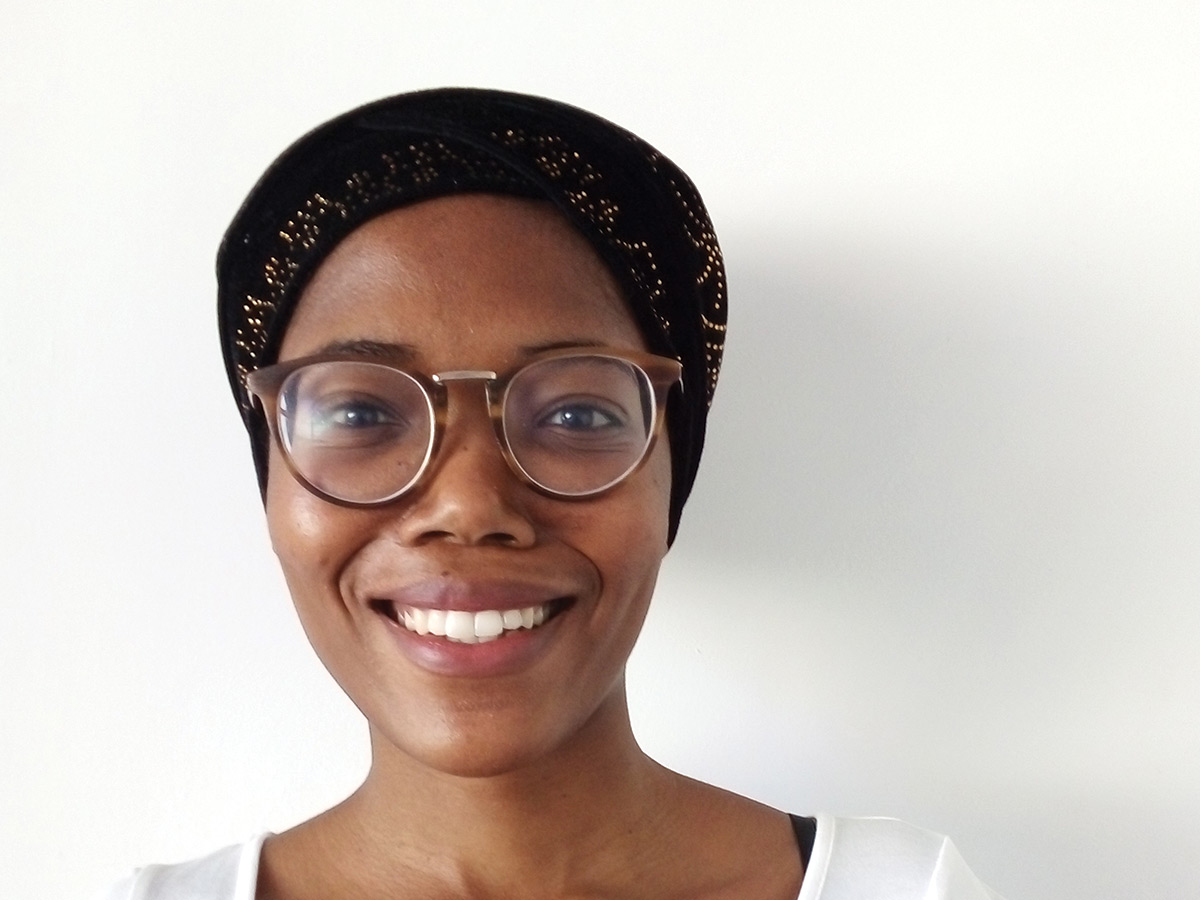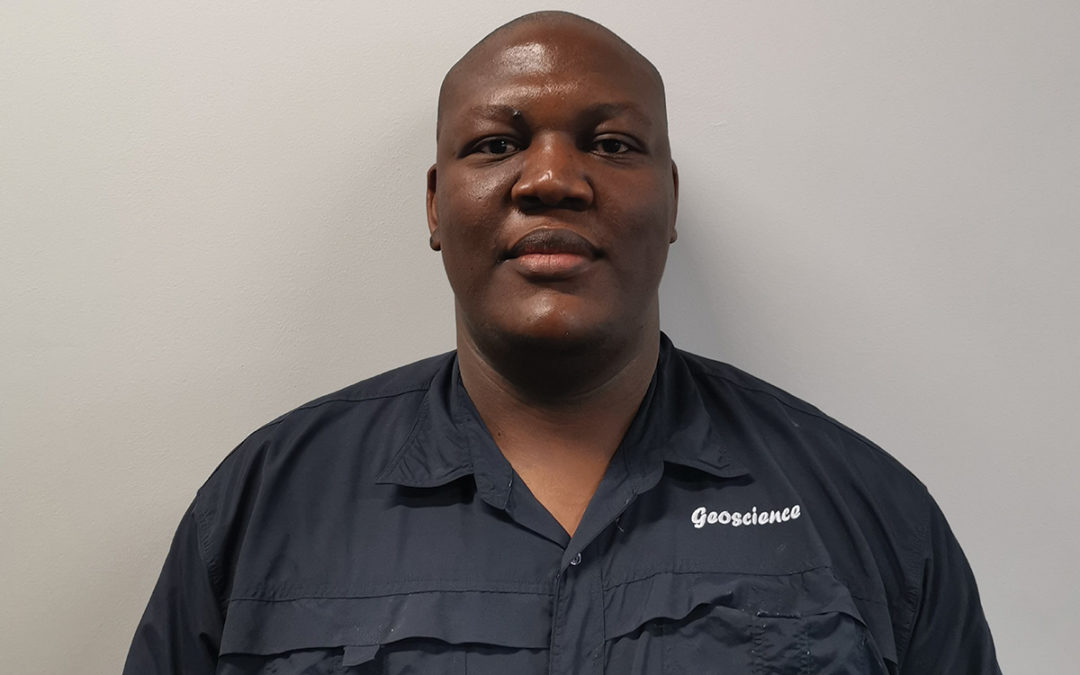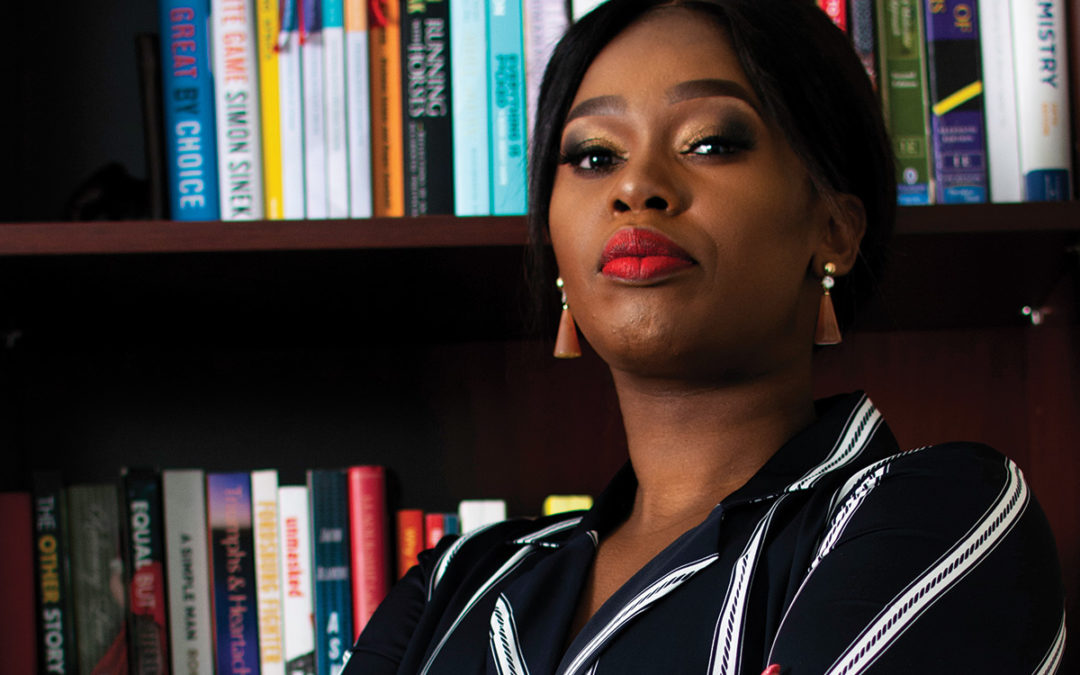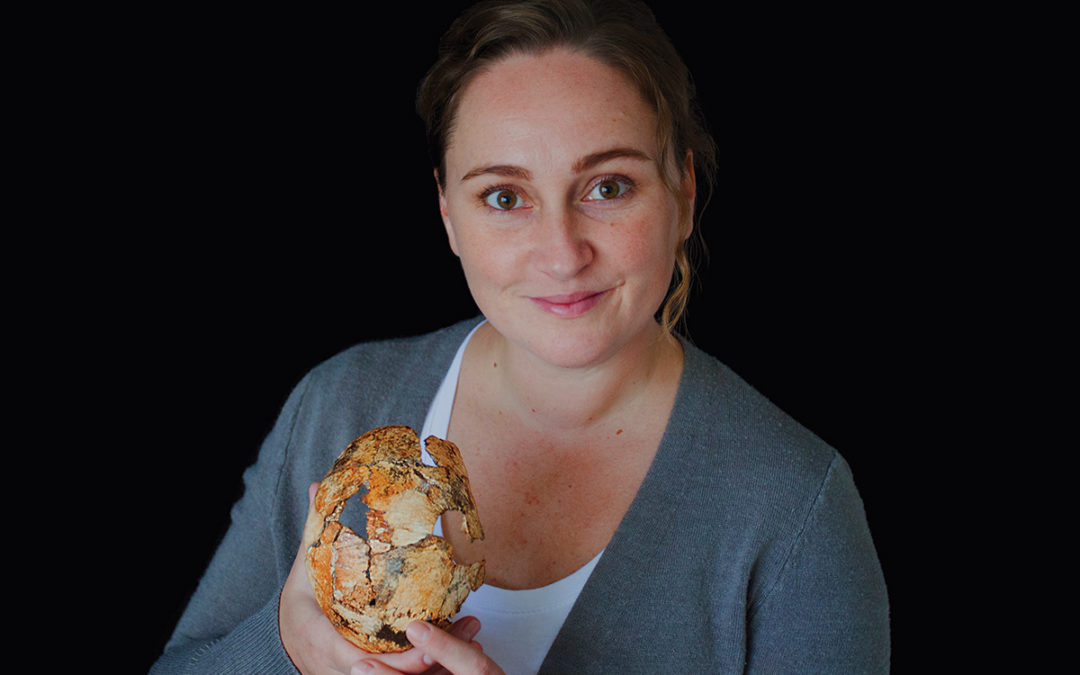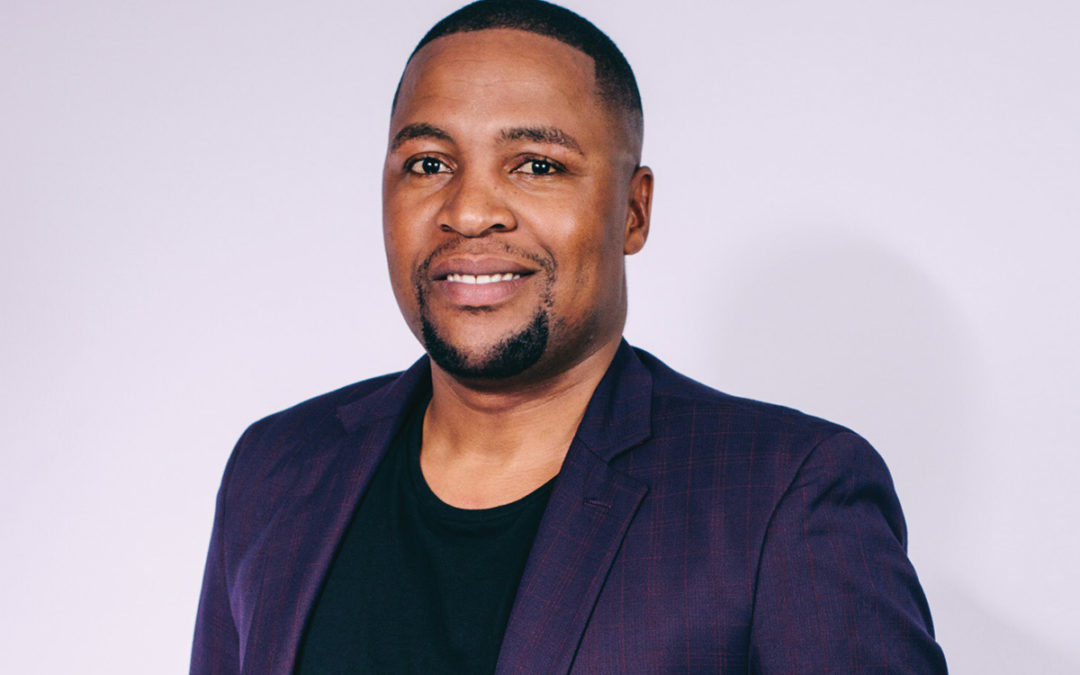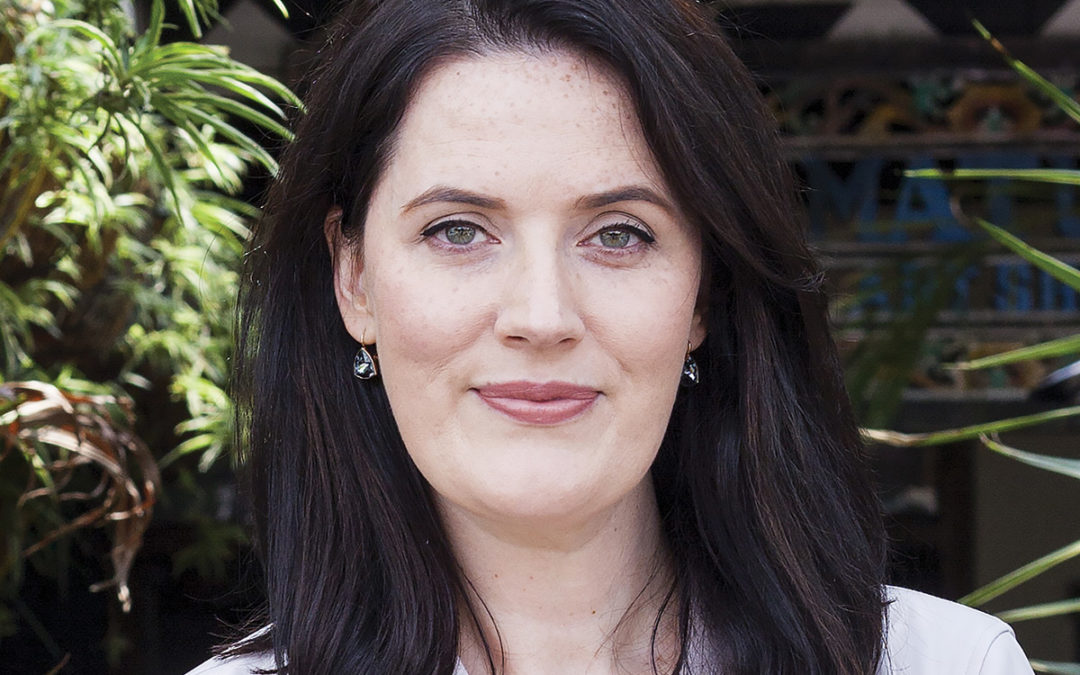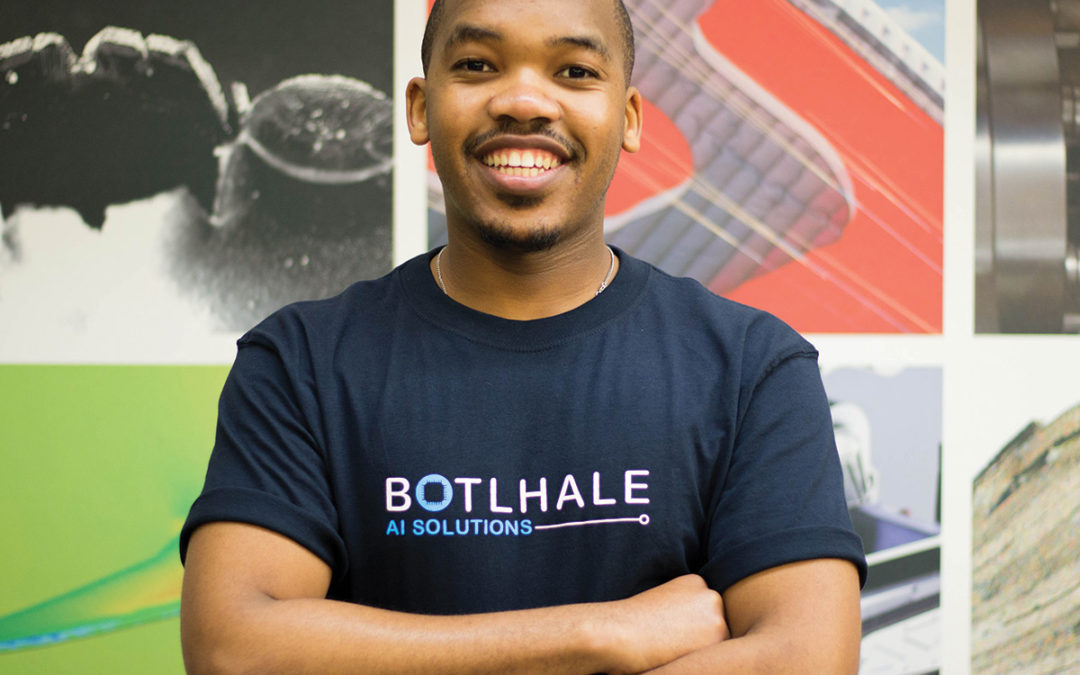Everybody loves dinosaurs, but not everyone loves them enough to make a career out of palaeontology. Especially not young black girls — not yet, anyway.
Cebisa Mdekazi is an assistant director at the Cradle of Humankind World Heritage Site, responsible for ensuring that the site operates in line with strict global regulations, and keeping an eye on the subcontractors working there.
It doesn’t sound as exciting as her days spent digging up dinosaur bones, including being part of an international team working on Jurassic era fossils in the Eastern Cape. Yet understanding the regulatory side is crucial for becoming an all-round professional, she says. “I’ve amassed the skills you need to be in the field, and now I’m going into the laws behind palaeontology. I love it because ultimately we are preserving a World Heritage site, which is a very good window into the evolution of humans.”
Palaeontology has always been dominated by older white men, and Mdekazi hopes the presence of a young black woman on fossil fields in rural areas will inspire local communities to see this as something they can also study and enjoy.
“I would love to see the youth from these areas pursuing palaeontology or related sciences,” she says.
She’s passionate about driving transformation in areas where young black women were traditionally unwelcome. This inspired her become an interim chairperson for transformation at the Evolutionary Studies Institute at Wits University and a Faculty of Science transformation forum member, dealing with cases of discrimination based on race, gender and age.
She’s also a mentor for young women through a group called Girls Lunch With Dr Lulu Gwagwa, and is among the leading women in various fields who equip youngsters with the necessary skills to better navigate their life and careers.
